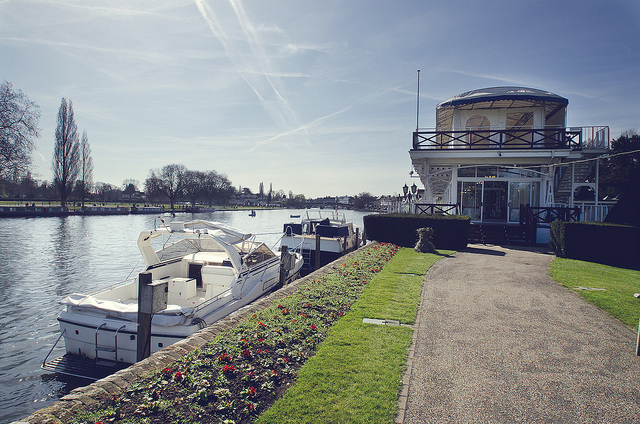Since the crisis of 2008 left valuations at a minimum, it has been highly fertile ground for investing in European equities, and in any case, they have been the trendy asset in portfolios since last January. But the momentum is losing steam due to the high valuations achieved, at least in some names, the disappointing macroeconomic data, the lower than expected profits, some geopolitical risks, such as the conflict in Russia, and the impact of future interest rate hikes in the USA, although these could be offset by the accommodative attitude of the ECB.
Aware that downside risks may outweigh the upside potential, Phil Webster, senior portfolio manager, and Angus Tester, manager and analyst for the European Equities team at Aberdeen AM, opt for caution and consider that this is a favorable time to invest from a defensive position, which they embody in a concentrated portfolio of about 36 names with quality DNA in their European Equity flagship strategy.
“There is still much interest in this asset class, and we are cautiously optimistic about growth in the continent, but valuations are too high in some cases, even generating some bubbles, and profit growth should have to be evidenced in order to justify those numbers”, Webster explained in an interview with Funds Society, adding that the deterioration of expected profits in European companies, something which could continue to happen, hasn’t surprised him.
In this environment, in which investors are also more cautious after years of earnings, both in the bond and in the stock markets, he believes that a good answer might lie in quality assets. “Our fund has done worse than the index in recent months in the absence of more cyclical stocks that have been puffed up in these recent months of generalized increases,” he explains. But now the situation could begin to change and the market could begin to reward higher quality values, the most stable businesses. Now that there is cause for concerns and uncertainties about political issues and geopolitical crisis, among other things, “the time is right for quality assets, the markets do not like uncertainty,” he added. And, in that regard, he believes there will be volatility. A volatility, which, in any case, will give them the opportunity to invest selectively.
Cautious Optimism
They are cautiously optimistic with regard to European macroeconomic conditions, believing that there will be growth, but also problems that have not been solved, and that there are still major challenges ahead that will take time. They explain that this is not an insurmountable problem for investing in the asset class, however, due to the geographical diversification of companies, in fact, in their portfolio, firms have a balanced exposure to different markets, divided between North America (23%), Asia (22%), and Europe (36%, including UK), along with other emerging markets. They explain that, “the portfolio is well balanced in terms of countries, sectors and other factors.” The reason for its concentration, in about 36 positions at present, from more than 50 in the past, is the confidence and conviction that they want to place on their stakes, which they select after a thorough analysis which requires meeting with the companies. The team, consisting of 17 managers who are also analysts, and who manage different strategies of European and British equities for Aberdeen AM, holds 700 such meetings.
The European stock market’s flagship portfolio currently gives greater weight to countries like the United Kingdom or Switzerland (also by the currency effect), but is the result of a fundamental analysis rather than of the country itself. Names such as Linde, Roche, Rolls Royce, Nestle, Unilever, Nordea Bank, and Prudential, appear amongst the top 10 and are selected using criteria such as the fact of having a competitive advantage and the power to set prices, strong balance sheets, a clear business strategy that aims towards growth, a good management team, and a commitment to deliver value to shareholders. According to Tester, a good dividend policy is also a good sign for the evolution of the business.
Positive about Spain, and yet investing little in that country
As far as Spain is concerned, both managers feel positive regarding the last reforms, particularly in contrast to countries like Italy or France, although they warn about the possibility that reforms will slow down due to the general elections, expected for late next year, and the, as yet unresolved, debt problems. But this, “optimism to a certain degree”, is not enough to fill their portfolios with securities from that country, which don’t hold any positions in their European stock strategy, although in the past they had BBVA and names such as Amadeus in some portfolios. In the small caps portfolio, they do bet on names such as Viscofán or Barón de Ley.




 By Alicia Miguel Serrano
By Alicia Miguel Serrano